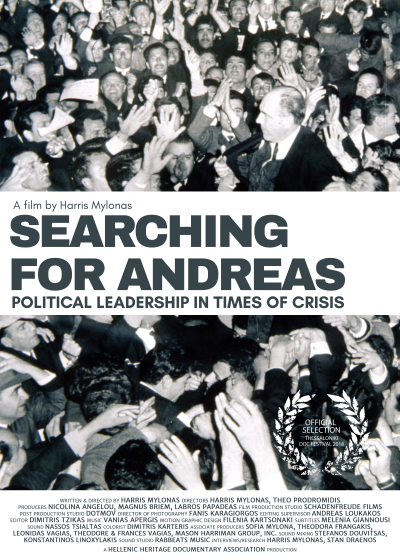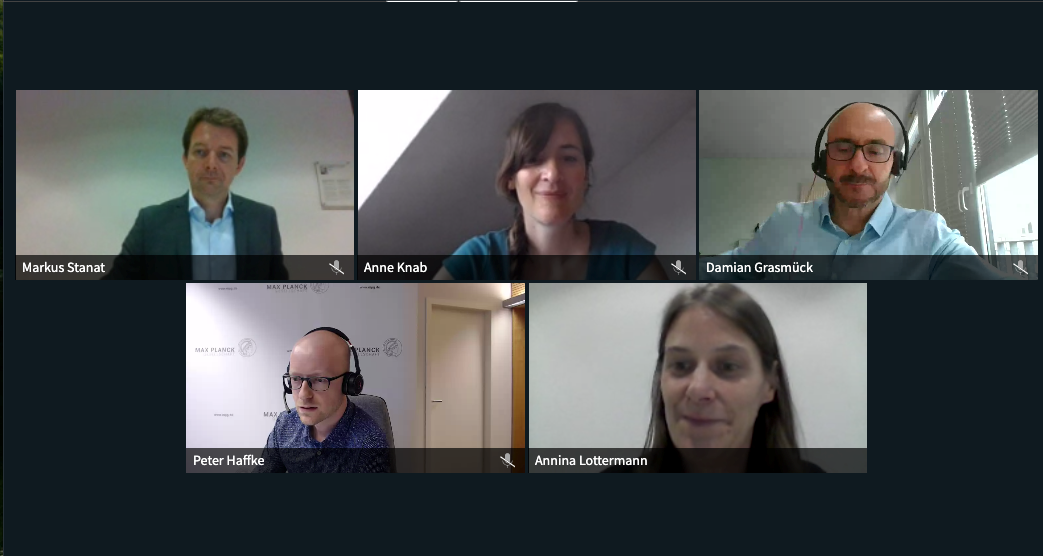

Recap of the IPSA World Congress - Day 4 (13 July)
Publication date: Tue, 13 Jul 2021
IPSA's 26th Executive Committee
We are pleased to announce the results of the election of the 26th Executive Committee held on 13 July 2021 in virtual mode. Congratulations to the 16 newly elected members!
We would like to highlight that for the first time in history, 56 percent of the Executive Committee members are women (9 out of 16). With President, Past President and President-elect, the percentage of women leading IPSA is at 58 percent (11 out of 19). Another noteworthy first is that there is a woman President, Dr. Dianne Pinderhughes, succeeding another, Prof. Dr. Marianne Kneuer. These encouraging numbers are a clear indication that the general tendency of women being under-represented in the membership and senior levels of Political Science associations is changing.A heartfelt thank you goes to all the candidates that have not been elected. IPSA would like to reiterate its commitment to you and the Political Science communities that you represent.
2021 Global South Award Lecture
The 2021 IPSA Global South Award session began with the introduction of Timofey Agarin, Professor at Queen’s University Belfast and Chair of the Research Committee (RC) 14, followed by the recipient Abdalhadi Alijla's lecture titled “Palestine and the Habeas Viscus: An Autoethnography of Travel, Visa Violence, and Borders”. When he was a kid, he wanted to be Yasser Arafat. Instead, he was trained as an engineer, but it did not take long for him to pursue his passion for Political Science. Being a scholar in Gaza wasn't easy. For three years, Dr. Alijla wasn't allowed to leave Gaza to study in Italy. And, as he pointed out, many Gazan scholars give up trying to study or attend academic events abroad to avoid harassment.
In his lecture, he mentioned that political scientists from the Global South face many barriers such as racism in the job market, scarcity of resources, and "post-modern exploitation" from the Global North. However, Dr. Alijla recognized the positive aspect of it by acknowledging the work of Global South researchers. That’s why he decided to integrate autobiographies into his work as transdisciplinary research.
Including his personal experience, Dr. Alijla developed the history of the Gaza Strip. He explained that the military rule of 1969 never stopped and established consistent control over the Palestinians. Next, Dr. Alijla detailed Gaza's "state of exception" where the situation is “essentially extrajudicial” or something beyond the law. Dr. Alijla also examined the process and ritual of travelling as a quasi-citizen through various border points of entry.
Special Session: Nationalism and International (Dis)order
This Special Session, organized in memory of Yale University Prof. Nuno P. Monteiro, addressed the challenges caused by the rise of nationalism and its impact on the international order. Chaired by Rita Faden from the Luso-American Development Foundation in Portugal, speakers focused on the rise of nationalism and the effect of the COVID-19 pandemic.
The first speaker, Maria Raquel Freire, discussed the impact of the pandemic on democracy and analyzed the BRICS countries' (Brazil, Russia, India, China and South Africa) impact on international order. Although this formation first promoted the development of the Global South, it followed the rules of capitalism and failed to meet expectations.
Next, Miguel Poiares Maduro focused on the idea of a political mismatch and the impact of the pandemic by referring to his book, Democracy in Times of Pandemic: Different Futures Imagined. Prof. Maduro indicated that the pandemic triggered economic emergencies, reinforced polarization and nationalism, and helped transnational movements to emerge.
Finally, Ricardo Reis discussed how the world has quickly changed since the pandemic. Although globalization was severely hit due to the pandemic, international trade was the first to recover.
 Special Session: Film - Searching for Andreas: Political Leadership in Times of Crisis
Special Session: Film - Searching for Andreas: Political Leadership in Times of Crisis
Searching for Andreas: Political Leadership in Times of Crisis is an award-winning political documentary. The film premiered at the 20th Thessaloniki Documentary Festival and won two awards at the 2019 International Documentary Festival of Ierapetra: 2nd Feature Greek Award and Best Original Music.
Searching for Andreas is an independent production about the pitfalls of charismatic leadership and the limits of democratic politics during economic globalization. The documentary focuses on Andreas Papandreou, former Greek Prime Minister and the founder of the political party PASOK and explores the pitfalls of charismatic leadership and the limits of democratic politics during economic globalization.
Following the movie sessions, Prof. Harris Mylonas was present for the Q&A session alongside Dr. Maya Tudor.
 “Research in Germany“: Meet the Funding Organizations
“Research in Germany“: Meet the Funding Organizations
“Research in Germany” is an initiative of the German Federal Ministry of Education and Research. It provides international researchers with information about funding and career opportunities in Germany. In this presentation, delegates had the opportunity to meet representatives from German research and funding organizations such as the Alexander von Humboldt Foundation, the German Academic Exchange Service, the German Research Foundation or the Max Planck Society.
First, Anne Knab introduced the DAAD, the German Academic Exchange Service, and discussed different Ph.D. opportunities.
Next, Damian Grasmück, presented the Humboldt Foundation who sponsors people and not just projects and includes a diverse program starting from post-doctoral and addressing researchers from abroad and in Germany.
Next, Markus Stanat presented the DFG, the Deutsche Forschungsgemeinschaft, offering individual research grants for doctorate-holding researchers.
Finally, Peter Haffke introduced the Max Planck Society assisting research and hosting international and national research.
Introduction to QDA Miner 6.0: Doing Qualitative Analysis and Mixed Methods Research
Provalis Research is a world-leading developer of text analysis software, with ground-breaking qualitative, quantitative and mixed methods programs. Provalis Research software products are used by more than 6,000 institutions worldwide. In his presentation, the founder of Provalis Research, Normand Péladeau, provided a tour of the various features of the QDA Miner software and covered all the main steps involved in a mixed methods research project such as data importation, coding and annotation up to the analysis of the results, including co-occurrence, sequence and comparative analysis. At the session, Normand Péladeau also answered various questions from our delegates.
Contributing editor: Angelina Parmentier











